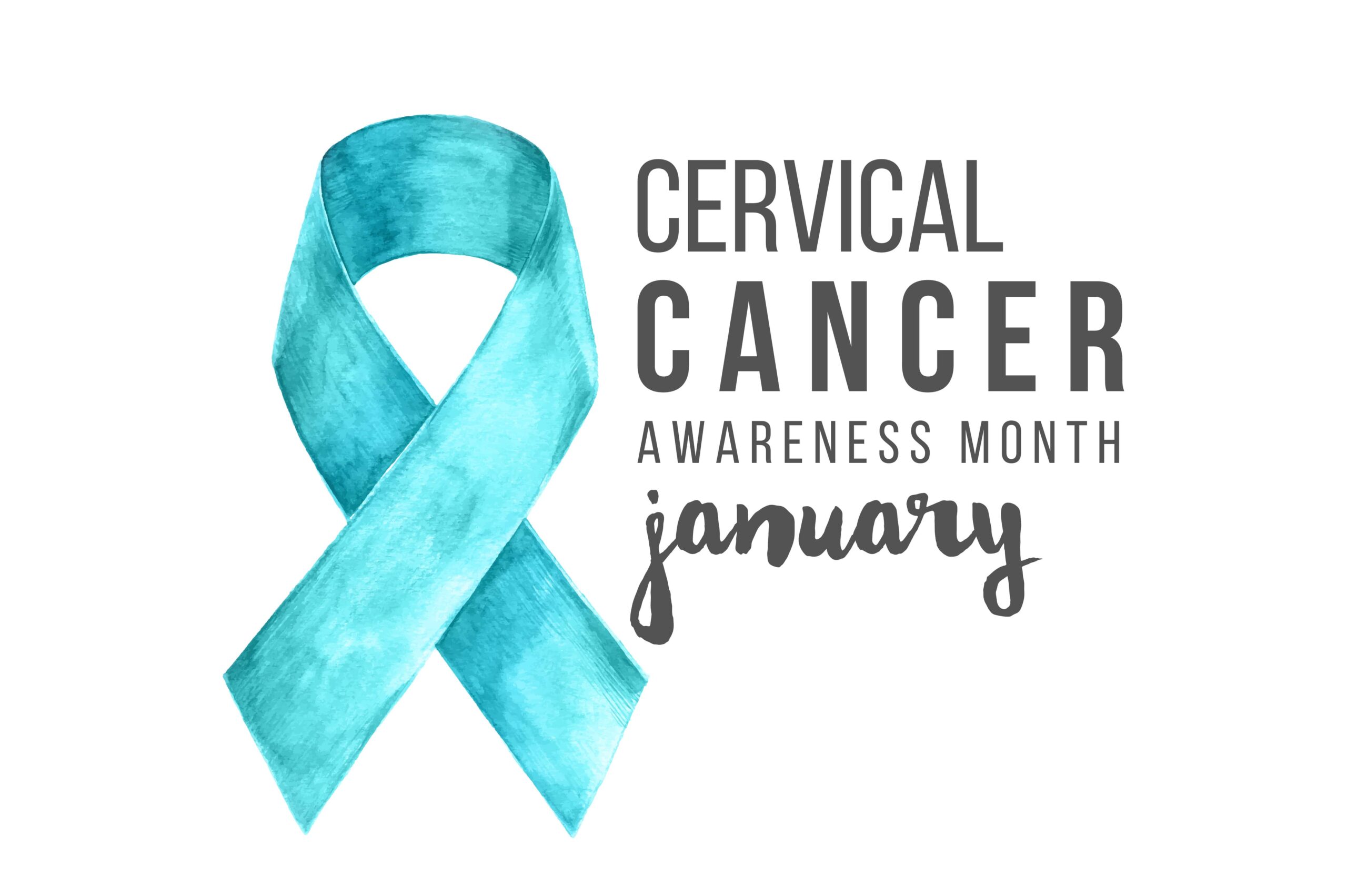Cervical Cancer FAQs

Cervical cancer as already established is among the leading causes of cancer death amongst Ghanaian women. In fact cervical cancer kills over 2,000 Ghanaian women annually. Now if you consider the fact that cervical cancer is also the only cancer that is almost entirely preventable and 100% curable if detected early it really does not make sense that it is killing so many of our women
Pap smear test, develop by Papanicolaou in the 1920s, is the single most important intervention when it comes to cervical cancer. Cells go through various stages before they eventually develop into cancer cells. Some of these changes can be detected microscopically and interventions put in place to prevent progression to cancer. During a Pap smear test cells from the cervix are taking to the lab for microscopic evaluation. This measn that a Pap smear is done even before the cells show signs of cancer, very early; this is why we can achieve 100% cure rate.
What is the cervix?
:max_bytes(150000):strip_icc()/FemaleUrinarySystemKocakayaaliGetty-6baf180371ae4a229db02d5b70f49cb2.jpg)
The cervix is the mouth of the womb and regulates what goes i or out of the womb. The cervix is responsible for keeping unwanted things like infections out and its premature opening can cause preterm birth. Is there for closely related to the womb as well as the vagina which emphasizes how important it is to detect cervical cancer early as spread of this cancer can affect the vagina the womb and all the structure surrounding these two.
What are the prerequisites for a Pap smear?
1. Before a pap smear can be done your hymen must be broken. There are two reasons why this is the case: the hymen would pose a physical barrier to accessing the cervix secondly over 90% of cervical cancer is caused by human papillomavirus (HPV), a sexually transmitted infection which for all intents and purposes is not likely to to happen if your hymen is intact. Occasionally we may do a pap smear even when the hymen is intact but with the express permission from the patient to medically break the hymen.
2. A pap smear cannot be done during your menses. It should be schedule 3 to 5 days after your period has ended. This will prevent interference from blood and blood cells in the sample collected.
3. And this is the difficult one; there should be no sexual activity three days prior to your pap smear. This is because the sex act could cause bruising in the area where the sample needs to be taken, however, and more importantly semen is also made up of cells which will complicate the sample that needs to be taken for the same reasons as stated in point 2 above.
Who needs to do a Pap smear?
Every sexually active women need to do a pap smear at least once every 2 to 3 years. Depending on your risk profile you might do it more frequently or less frequently but doing it you must.
What role does HPV play on cervical cancer?
HPV is in fact the most common sexually transmitted infection that nobody talks about, percent of sexually active people have at one point being infected with HPV. Majority of these individuals recover from HPV without any consequence because HPV infection is usually self-limiting. A few strains of HPV do actually cause chronic infections with dire consequences. The most common of these consequences is genital warts which are outgrowth of skin around the pubic region.
2 subtypes of HPV are responsible for over 90% of Cervical cancer, this is why we say that cervcical cancer is indeed a sexually transmitted infection.
How can we prevent HPV infection?
Yes, HPV infection can be prevented through safe sexual practices. Remember the ABCs of Safe sex?
A - Abstinence from sex until you are ready for a committed relationship
B - Be faithful to a partner who is also faithful t you.
C - Use a condom if the A n B don't work for you.
Does vaccination help?
Yes, there are vaccines available against the 2 subtypes responsible for the most sinister complication, cervical cancer.
HPV vaccination is given as 2 doses to especially girls between 9 years and 12 years. Women at any age can take the vaccine provided they are negative for HPV infection.
Do I still need to do Pap Smear after HPV vaccination?
Yes. The HPV vaccines currently available only cover for the 2 most common subtypes that cause cervical cancer, however, other subtypes may also cause cervical cancer. Cervical cancer may also develop from other factors unrelated to HPV, for these reasons, periodic pap smear is highly recommended at longer interval, usually 3 - 5 years.
Together we can reduce the negative impact of cervical cancer in the lives of our women.

Comments
Post a Comment